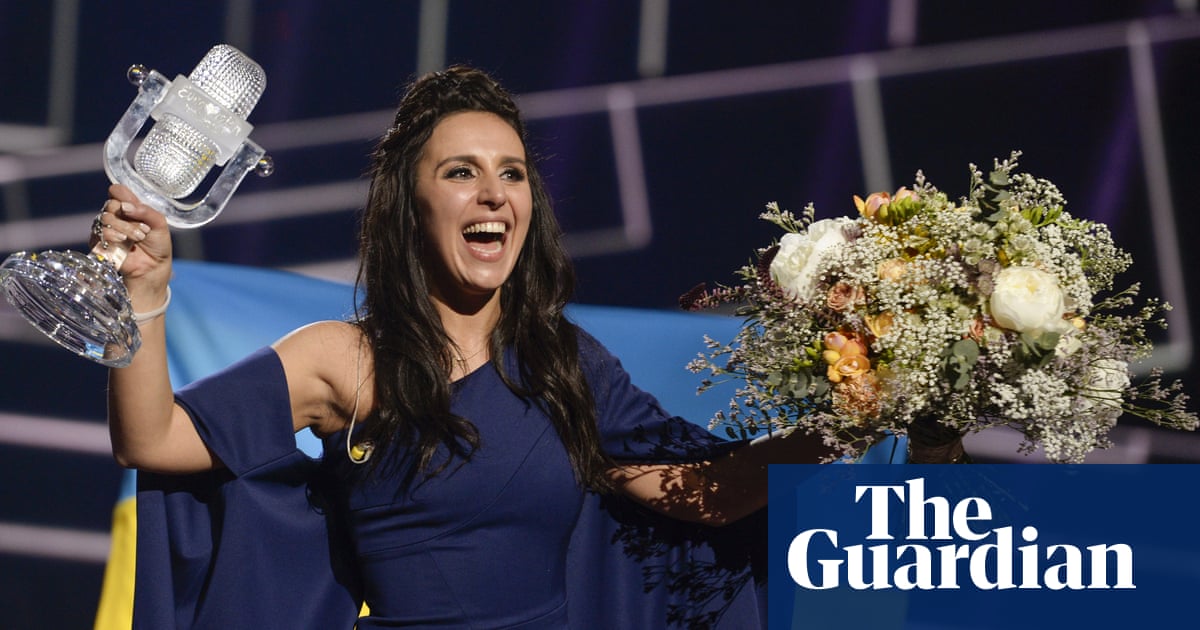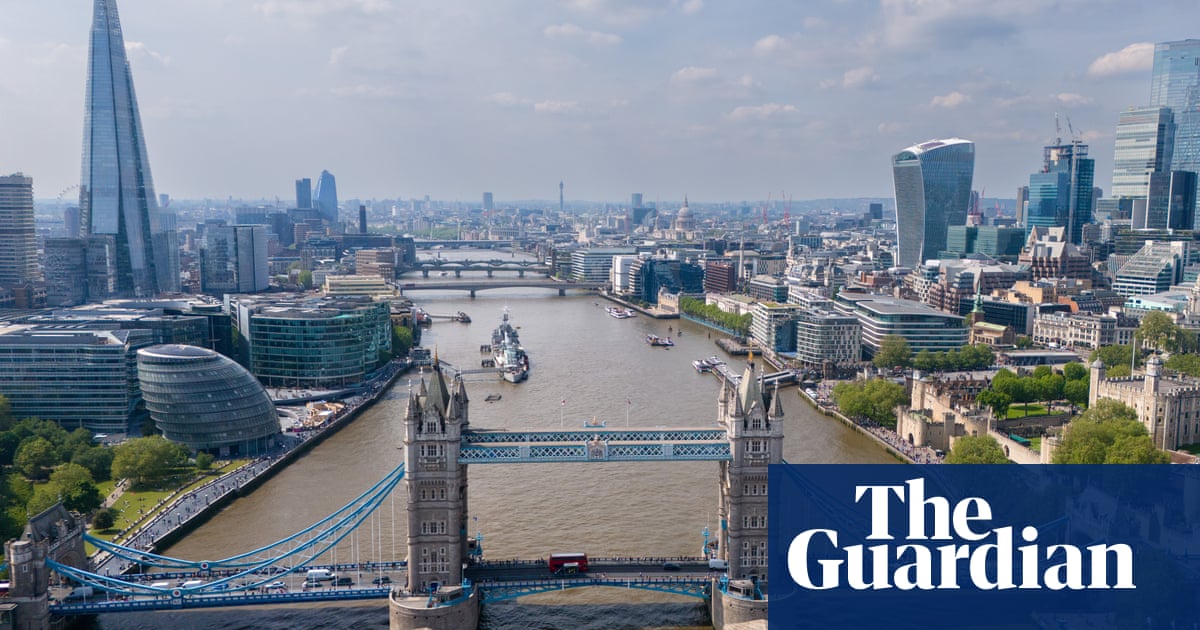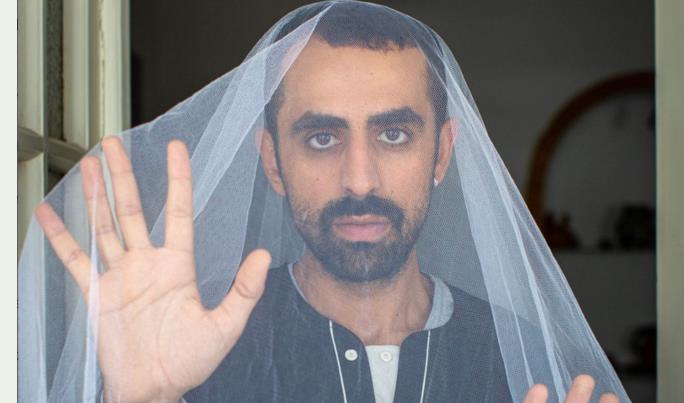
Ukraine’s former Eurovision winner Jamala has said her country “cannot afford” to boycott the song contest because it needs the opportunity to remind Europe of Russia’s invasion.
There have been calls for artists to refuse to participate over Israel’s inclusion in the music competition while the war in Gaza continues.
The opening round begins on Tuesday in Malmö, Sweden, after the singer Loreen won in Liverpool last year.
Jamala, who won the contest for Ukraine in 2016, said a boycott over the Israel-Hamas war was not an option for her country. She said that artists needed to be “loud and creative” to remind the world about Russia’s invasion of Ukraine when the public was “getting tired” of hearing about it.
The question of whether to withdraw over Israel’s involvement has also plagued the UK’s entrant, Olly Alexander. In a BBC documentary that will air on Tuesday, he said reaction to his decision to participate had been “very extreme”, with people branding him complicit in genocide.
Jamala said Ukraine needed to take opportunities to raise awareness after the war had dropped in prominence from the news since the Russian invasion in February 2022.
“Some countries may refuse to participate [in the contest], but we don’t. Especially we cannot afford to give up such a contest in time of war,” she told PA Media. “There are many wars now in the world and, of course, it is not easy to constantly keep attention on yourself so that people do not get tired of our war.
“But that is our task, people who remain in Ukraine, people who are fighting, to be as loud and creative … this is the task of artists to find new ways of how to reveal and show their country.”
Ukraine’s entry this year is the rapper and singer duo Alyona Alyona and Jerry Heil. Jamala, 40, whose real name is Susana Alimivna Jamaladinova, said she hoped they would give many interviews “and talk about the fact that the war in Ukraine continues”.
Before being chosen as the UK’s Eurovision entrant, Alexander had signed an open letter calling for a ceasefire in the Israel-Hamas war and describing Israel’s actions in Gaza as “genocide”.
Queers for Palestine launched a petition calling for him to boycott Eurovision in March over the inclusion of Israel, saying the event was “cultural cover” for an “ongoing genocide”.
Speaking in a BBC documentary about him to be broadcast on Tuesday, the singer said: “A lot of the contestants and myself have been having a lot of comments that are like ‘You are complicit in a genocide by taking part in Eurovision,’ which is quite extreme. It’s very extreme.”
In an interview with the Times, Alexander reportedly began to cry when discussing the fallout from his decision to go ahead. “Obviously, I wish there wasn’t a war or this insane humanitarian crisis. I wish for peace and I have found this experience, at times, extremely … I’ve just felt really sad and distressed,” he said.
“But I still believe it’s a good thing when people come together for entertainment. That’s why I wanted to do Eurovision.”
The Irish entrant, Bambie Thug, had also previously backed “an immediate and lasting ceasefire” but declined to boycott the event. Alongside Alexander and the Danish entrant, Saba, the artists said in a statement: “It is important to us to stand in solidarity with the oppressed and communicate our heartfelt wish for peace, an immediate and lasting ceasefire, and the safe return of all hostages.
“We stand united against all forms of hate, including antisemitism and Islamophobia.”












